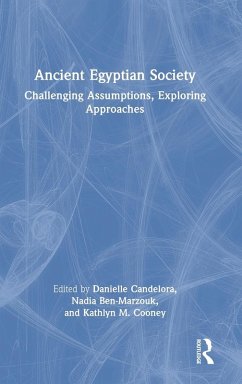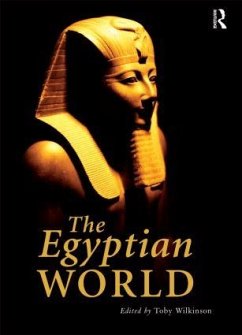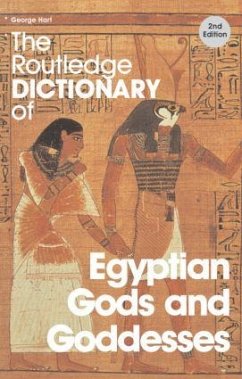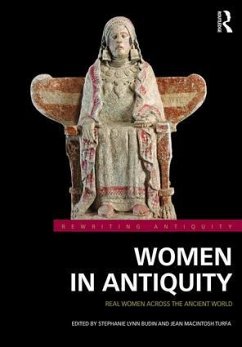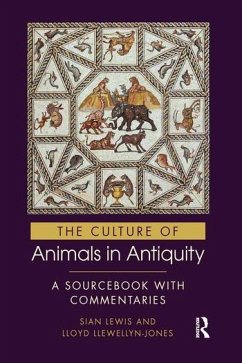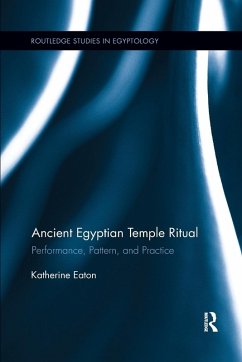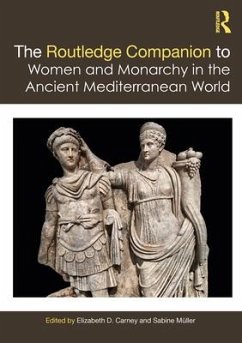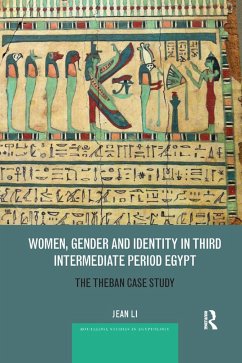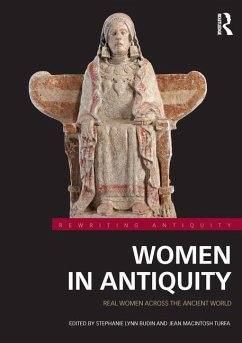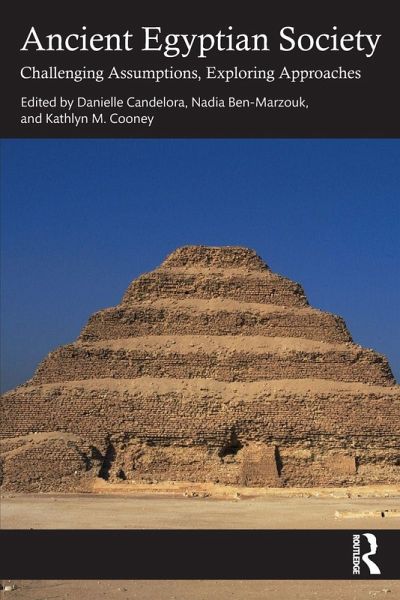
Ancient Egyptian Society
Challenging Assumptions, Exploring Approaches
Herausgegeben: Candelora, Danielle; Ben-Marzouk, Nadia; Cooney, Kathlyn M.

PAYBACK Punkte
22 °P sammeln!
This volume challenges assumptions about-and highlights new approaches to-the study of ancient Egyptian society by tackling various thematic social issues through structured individual case studies.The reader will be presented with questions about the relevance of the past in the present. The chapters encourage an understanding of Egypt in its own terms through the lens of power, people, and place, offering a more nuanced understanding of the way Egyptian society was organized and illustrating the benefits of new approaches to topics in need of a critical re-examination. By re-evaluating tradi...
This volume challenges assumptions about-and highlights new approaches to-the study of ancient Egyptian society by tackling various thematic social issues through structured individual case studies.
The reader will be presented with questions about the relevance of the past in the present. The chapters encourage an understanding of Egypt in its own terms through the lens of power, people, and place, offering a more nuanced understanding of the way Egyptian society was organized and illustrating the benefits of new approaches to topics in need of a critical re-examination. By re-evaluating traditional, long-held beliefs about a monolithic, unchanging ancient Egyptian society, this volume writes a new narrative-one unchecked assumption at a time.
Ancient Egyptian Society: Challenging Assumptions, Exploring Approaches is intended for anyone studying ancient Egypt or ancient societies more broadly, including undergraduate and graduate students, Egyptologists, and scholars in adjacent fields.
The reader will be presented with questions about the relevance of the past in the present. The chapters encourage an understanding of Egypt in its own terms through the lens of power, people, and place, offering a more nuanced understanding of the way Egyptian society was organized and illustrating the benefits of new approaches to topics in need of a critical re-examination. By re-evaluating traditional, long-held beliefs about a monolithic, unchanging ancient Egyptian society, this volume writes a new narrative-one unchecked assumption at a time.
Ancient Egyptian Society: Challenging Assumptions, Exploring Approaches is intended for anyone studying ancient Egypt or ancient societies more broadly, including undergraduate and graduate students, Egyptologists, and scholars in adjacent fields.





